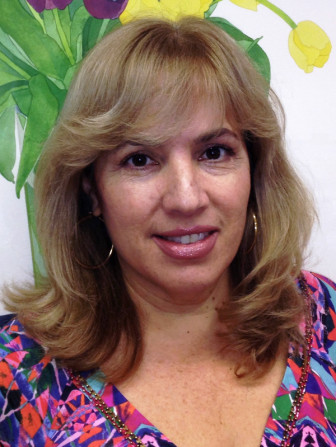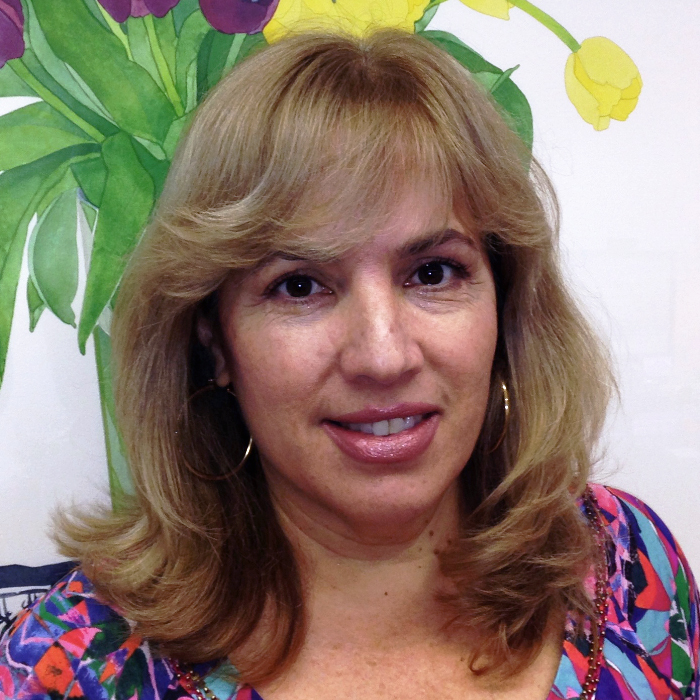 I grew up in Spanish Harlem in New York City and went to public schools during the 1970s and 1980s. I recall that my peers and I did not get any sex education with one exception. A hygiene class. I remember the teacher danced around the topic of masturbation and directed the lesson to the boys in the class. It was such a foreign experience, that decades later I still remember the details of the day.
I grew up in Spanish Harlem in New York City and went to public schools during the 1970s and 1980s. I recall that my peers and I did not get any sex education with one exception. A hygiene class. I remember the teacher danced around the topic of masturbation and directed the lesson to the boys in the class. It was such a foreign experience, that decades later I still remember the details of the day.
Spanish Harlem had and still has some of the highest unintended pregnancy and sexually transmitted infection rates in the city, and with the advent of HIV/AIDS it continues to have alarming disparities in sexual and reproductive health. While I didn’t get information about sex in school, I didn’t get information at home either, given the culture of silence regarding sex that is commonplace within Latino culture. I, like so many other young people, was left to navigate sexual and reproductive health on my own.
I am now Vice President for Education and Training at Planned Parenthood of NYC (PPNYC), and have been so for 11 years. I lead a high-performing team that reaches more than 25,000 young people, parents and professionals with sexual and reproductive health education and training. All these years later, unlike when I was growing up, there is a now sex education mandate in N.Y.C. But while nearly half of high school students report being sexually active, comprehensive sex education is still not taught in every school. We also know that while advocating for sex education in every classroom is extremely important, we know this is not enough.
Young people are best served when the trusted adults in their lives can answer the questions they have about sexuality and reproductive health. For some students, parents and teachers are those trusted adults. But for others, it may be a mentor or a trusted individual in the neighborhood. Therefore, it is essential that sex education extend into the community.
Several years ago, librarians in Queens reached out to PPNYC because neighborhood teens were regularly inquiring about pregnancy prevention and other sexual health issues. The librarians didn’t have the tools to get teens the support they needed. A partnership with PPNYC was created because our agency has a menu of programs that provides training on sex education to community members who work with teens and who are trusted adults.
Before embarking on this program, we conducted a needs assessment to learn more about local demographics, reproductive health services and demand for services. We discovered a lack of prevention efforts — especially for teen pregnancies. In one neighborhood we found the highest teen pregnancy rate in the borough with 105 pregnancies per 1,000 teens 15 to 19 years old. We helped the organization (and other agencies we work with) develop Sexuality Guiding Principles (agency-approved healthy messages about sexuality) for providing reliable, nonjudgmental education. We also provided training on how to create an organizational culture that is a safe space for youth to ask about sexual and reproductive health.
In this partnership with PPNYC and the Queens Library, each partner recognizes that they can learn from each other. We are deepening our knowledge of their diverse community and providing community members tools to support parents and young people in accessing sexual and reproductive health resources. We have expanded this program to work with grassroots organizations and settlement houses; over the past two years, PPNYC has trained 150 staff members from Queens Library, SAYA!, Sunnyside Community Services and Queens Community House to provide tens of thousands of young people and their families accurate sexual and reproductive health information.
One librarian told us, “Planned Parenthood has made me a better librarian!” Through these partnerships, more teens are getting information on sexual and reproductive health than ever before. PPNYC won’t stop pushing for comprehensive sex education — but we will use this capacity-building program as a model to enhance our work and to ensure that all of the city’s residents have information to keep themselves healthy.
Haydee Morales is Vice President of Education and Training at Planned Parenthood of New York City.


























